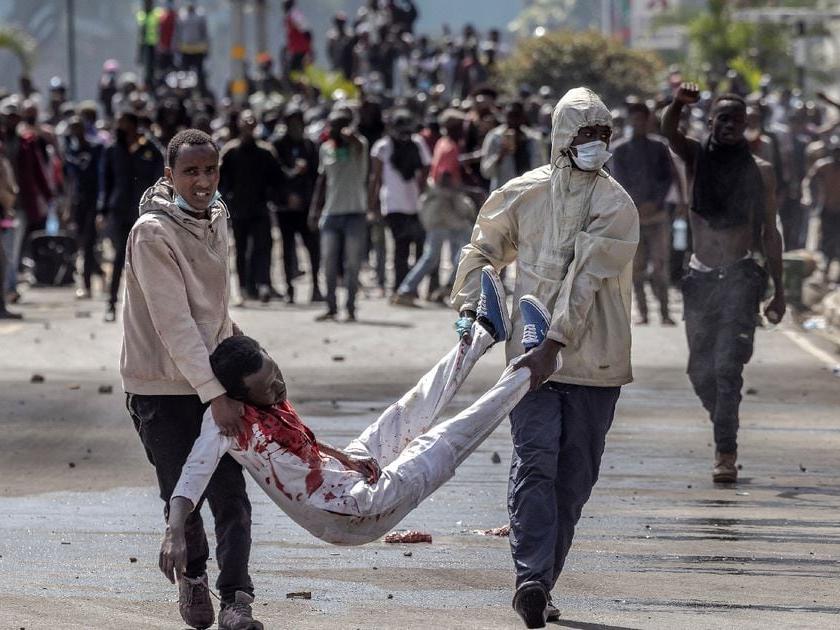Kenya is witnessing a severe escalation in civil unrest as protests against a new finance bill proposing tax hikes have intensified. On June 25, 2024, demonstrators in Nairobi stormed the parliament building, setting parts of it on fire, and clashed with police forces. The police responded with live ammunition, tear gas, and water cannons, resulting in at least 17 confirmed deaths and numerous injuries. The unrest, initially peaceful, has been driven by a cost-of-living crisis and widespread opposition to the tax bill, which is feared to further increase living costs for Kenyans. The protests have spread beyond Nairobi, with reports of violent clashes and protests in cities like Eldoret, Mombasa, Kisumu, and Garissa. The Kenya Human Rights Commission and other civil society groups have condemned the police’s use of force, reporting missing protesters and demanding accountability. Amidst the chaos, internet service in the country has slowed, and there are reports of protesters being taken from their homes and workplaces by the police. President William Ruto, facing pressure to address the economic crisis, has been criticized for his handling of the situation and has called for dialogue with the protesters. However, the demonstrations have united a significant part of the population, with many feeling betrayed by Ruto’s election promises of economic relief. The parliament building’s fire and the violence have become a symbol of the protesters’ anger and frustration with the government’s fiscal policies.
Key points
- Protests in Kenya over a new tax bill have led to at least 17 deaths as demonstrators stormed the parliament building in Nairobi.
- The police response to the protests has been met with international condemnation and calls for restraint.
- President William Ruto has called for dialogue but also promised a tough stance against protest-related violence.



